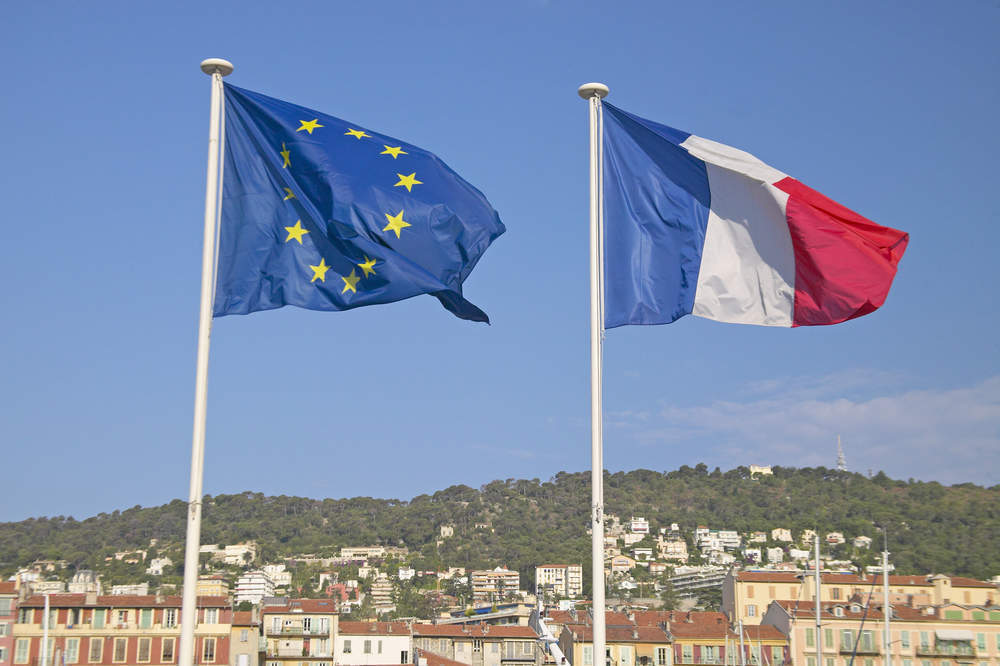Euroscepticism is present in France but does not stem directly from voters.
The French people were not subject to austerity measures imposed by the European Union that might have reduced their confidence in the bloc.
However, France’s potential exit from the EU — which has almost inevitably become known as Frexit — is still presented by certain politicians as a way for France to protect its economic interests.
But who is supporting Frexit?
It is important to realise that there are different economic interests in the country within the class of economic magnates.
Notably, the industrial class of the country has not been favoured by the terms of single market and single currency.
This is evident from the weaker contribution of heavy industries, such as manufacturing, in the French economy as a consequence of increased competition from other European countries.

US Tariffs are shifting - will you react or anticipate?
Don’t let policy changes catch you off guard. Stay proactive with real-time data and expert analysis.
By GlobalDataIn fact, the increasingly high trade deficit of France in recent years emphasises this.
French trade balance figures, 2012-16, ($m):
Source: The National Institute of Statistics and Economic Studies
In contrast, services have been enhanced as a part of the economy having a positive contribution in the French current account balance.
Entrepreneurship seems to be accelerated only in terms of new service-related business in recent years, according to the National Institute of Statistics and Economic Studies.
What is more, the sector of services such as the banking industry definitely prefer be part of the European single market, especially now that growth opportunities have risen for them after Brexit.
Marine Le Pen who clearly supports the exit from the Euro Area, has promised a referendum over the participation of the country in the European Union, represents the interests of these economic groups that have been harmed by the terms of France’s economic relationship with Europe.
And her proposed policy of introducing import taxes provides further evidence of this.
An anti-European movement, at least in the case of France, does not revolve around only anti-immigration, but is mainly lobbied as a means of economic protectionism.
These concerns of important economic groups in the country are also embraced somewhat by Le Pen’s rival Emmanuel Macron who has proposed the introduction of EU mechanism-rules that will protect major national economic sectors from foreign takeovers.
This is a reduced version of a post that originally appeared on MarketLine. You can read the original here.








